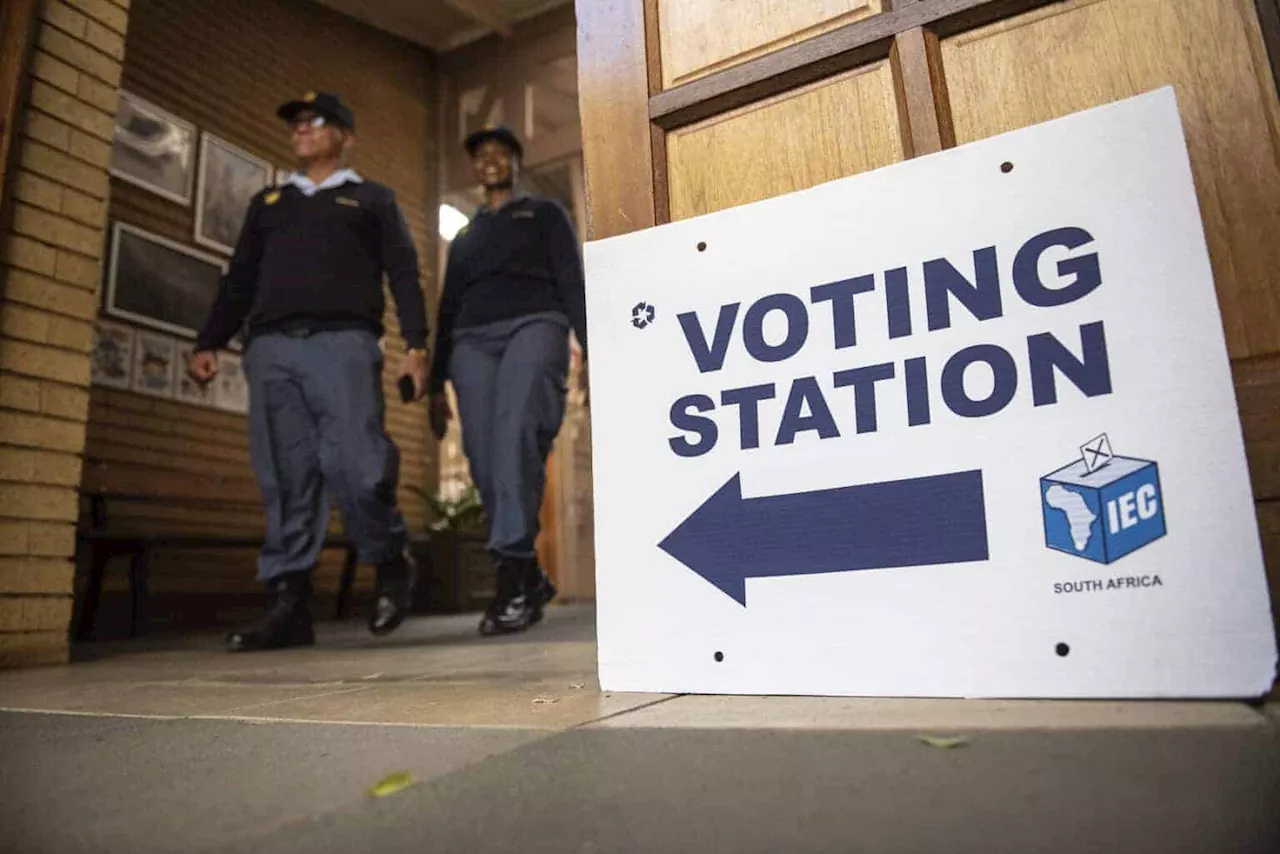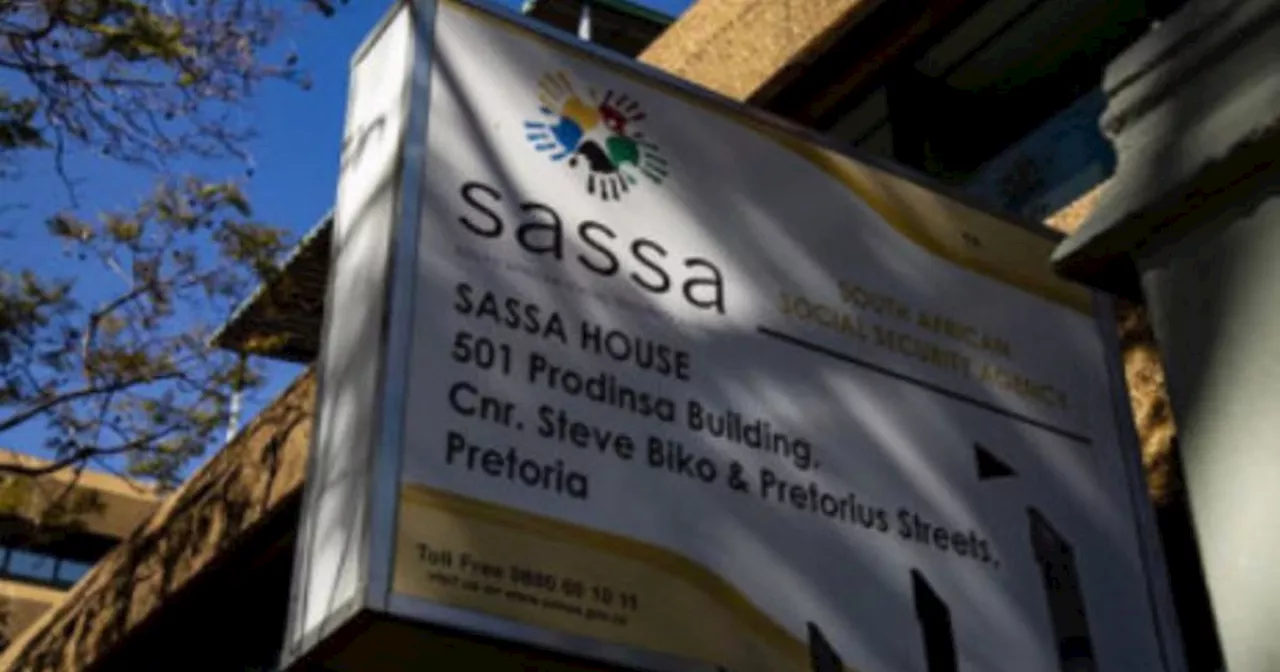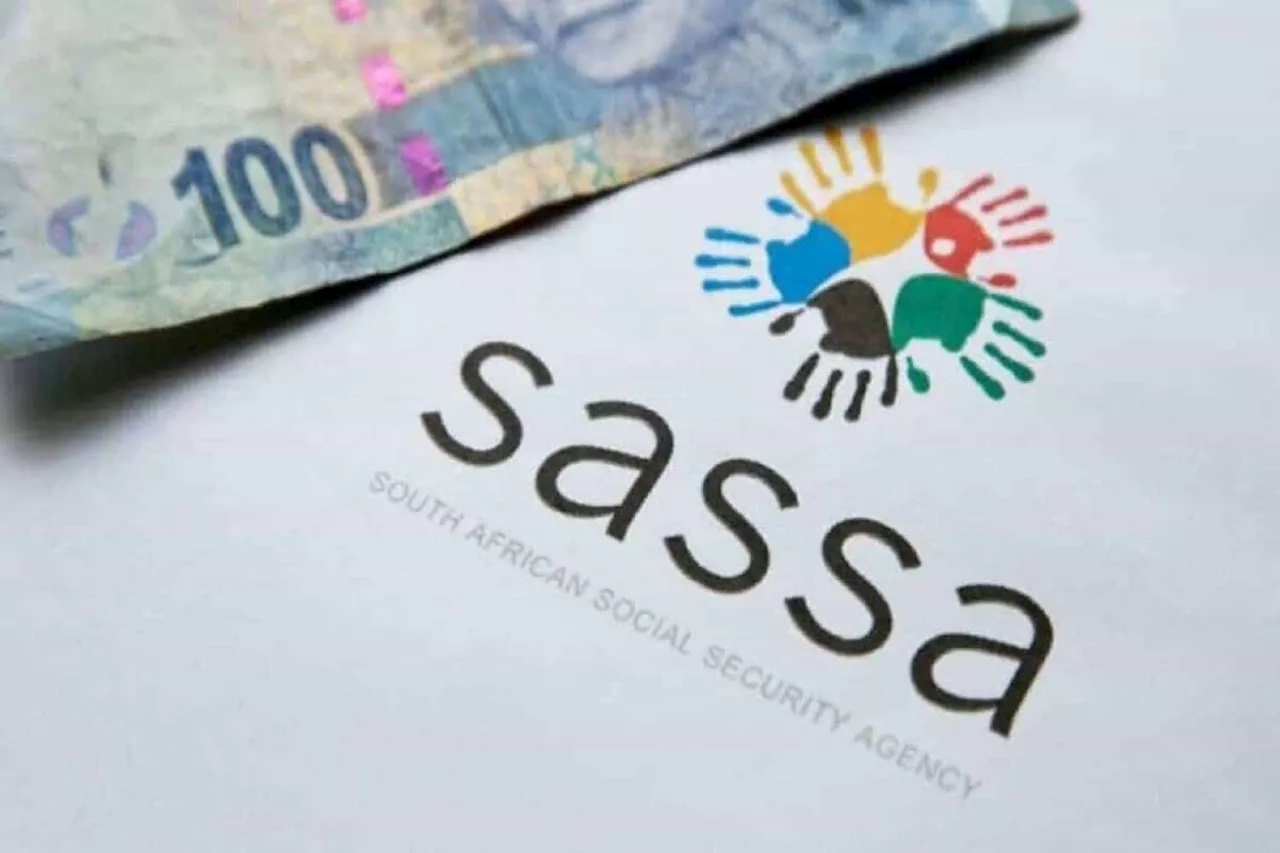In a landmark ruling, the Northern Cape High Court in Kimberly has dismissed the claim of a man who paid R5,000 lobola but subsequently denied the agreement, stating the money was intended for the wife's cleansing ceremony after a miscarriage. The court favored the wife's account of the events, affirming the validity of the lobola negotiations and payment.
The Northern Cape High Court in Kimberly ruled against a man who paid R5,000 lobola and later claimed the lobola letter was forged and the money was meant for the wife's cleansing ceremony after suffering a miscarriage. The order was made during a divorce between the couple when the man told the court that they were never married, meanwhile the wife was of a different opinion.
The wife told the court that she met her husband in 2004 when she was in Grade 11 while the husband was still a tenant at her mother’s house. Sometime in December 2009, she went to visit his family in Lesotho. She said she arrived on a Saturday and was told to enter the house at night because his father was not supposed to see her. The following day, his family hosted a ceremony in her honour, during which a sheep was slaughtered, and she was made to eat the rib of the sheep. She said she was then dressed in traditional Shweshwe and was informed that it was the bride's attire. \A witness who testified on behalf of the wife, told the court that in April 2010, he was part of the entourage that represented the wife at her family home during the lobola negotiations. The witness said during the negotiations, the husband was charged twelve cows and one cow represented R1,000. The man's family paid R5,000 and it was agreed that the balance would be paid at a later stage. The witness noted that once the formalities were concluded, a small celebration took place; however, the groom was absent, in accordance with BaSotho and BaTswana cultural practices. \The man, however, denied that there were any lobola negotiations. He claimed that the lobola negotiations were postponed because the wife had a miscarriage, and instead, he said their culture does not require a cleansing ceremony after a miscarriage. He said he took her to Lesotho in December 2009 to meet his family. He explained that he brought her to meet his family because she had asked for his financial assistance with her studies, and he felt it was important to introduce them to the person he intended to support. He denied that he had proposed to her but admitted that he had told his family that she was someone he would be able to live with. He admitted that a sheep was slaughtered to welcome the woman and that his sister made her a Shweshwe garment which he paid for. However, he denied that she was treated or recognised as his wife. He said the celebration was held because he had introduced her as someone, he had an intention to marry. Regarding the lobola negations, he said they were postponed because of venue issues. He explained that the R5,000 was paid for the cleansing ceremony because she had suffered a miscarriage. Furthermore, he said they lived together as life partners and agreed that because he was paying for her education and driving lessons, he won't pay for lobola. He argued that the lobola letter submitted in court was forged. He claimed to have seen the forged letter in 2015 when he received a letter of demand from his wife's family. He said they only slaughtered a sheep to welcome the woman as a guest and denied giving the woman a new name during the ceremony. \Judge Cecile Williams presided over the case and stated that the probabilities favour the woman's account, indicating that lobola negotiations occurred in April 2010, during which R5,000 was paid by the man's family as outlined in the lobola letter. The judge further added that the woman and her witness were subjected to lengthy cross-examination but were not budged
Lobola Divorce High Court South Africa Cultural Practices Miscarriage Forged Documents
South Africa Latest News, South Africa Headlines
Similar News:You can also read news stories similar to this one that we have collected from other news sources.
 Man Celebrates Court Victory Against Insurance Company After Years-Long BattleAfter a lengthy dispute, a man has finally won his court case against MiWay Insurance, a case that originated in 2016. The disgruntled client expressed his frustration with the company's lack of response to his emails and celebrated the victory alongside his supporters who helped amplify his story through social media.
Man Celebrates Court Victory Against Insurance Company After Years-Long BattleAfter a lengthy dispute, a man has finally won his court case against MiWay Insurance, a case that originated in 2016. The disgruntled client expressed his frustration with the company's lack of response to his emails and celebrated the victory alongside his supporters who helped amplify his story through social media.
Read more »
 Electoral Court rules ATM’s ‘vote-rigging’ claims in 2024 elections are ‘mere assertions’The Electoral Court has dismissed an application by the African Transformation Movement (ATM) to have the 2024 election results set aside.
Electoral Court rules ATM’s ‘vote-rigging’ claims in 2024 elections are ‘mere assertions’The Electoral Court has dismissed an application by the African Transformation Movement (ATM) to have the 2024 election results set aside.
Read more »
 Court rules SASSA's 2023 regulations limiting access to SRD grant unconstitutional & invalidThe court found invalid, among other things, the requirement for grant recipients to apply online only; the strict definitions of 'income' and 'financial support'.
Court rules SASSA's 2023 regulations limiting access to SRD grant unconstitutional & invalidThe court found invalid, among other things, the requirement for grant recipients to apply online only; the strict definitions of 'income' and 'financial support'.
Read more »
 Court rules Sassa’s regulations limiting access to SRD grant unconstitutional and invalidThe Gauteng High Court has ruled SASSA's regulations which limited access to the R370 SRD grant are unconstitutional and invalid.
Court rules Sassa’s regulations limiting access to SRD grant unconstitutional and invalidThe Gauteng High Court has ruled SASSA's regulations which limited access to the R370 SRD grant are unconstitutional and invalid.
Read more »
Gauteng High Court Rules SRD Regulations Unconstitutional, Expanding Access for MillionsThe Gauteng High Court in Pretoria has declared several regulations governing South Africa's Social Relief of Distress (SRD) grant unconstitutional and invalid, potentially benefiting millions of vulnerable citizens who have been excluded from accessing the R370 monthly grant.
Read more »
'A victory for South Africa's most vulnerable': High Court rules SRD grant regulations unlawfulIn a landmark judgment, the Gauteng High Court has declared certain regulations of the SRD grant invalid, ensuring that more vulnerable citizens can access essential financial assistance.
Read more »